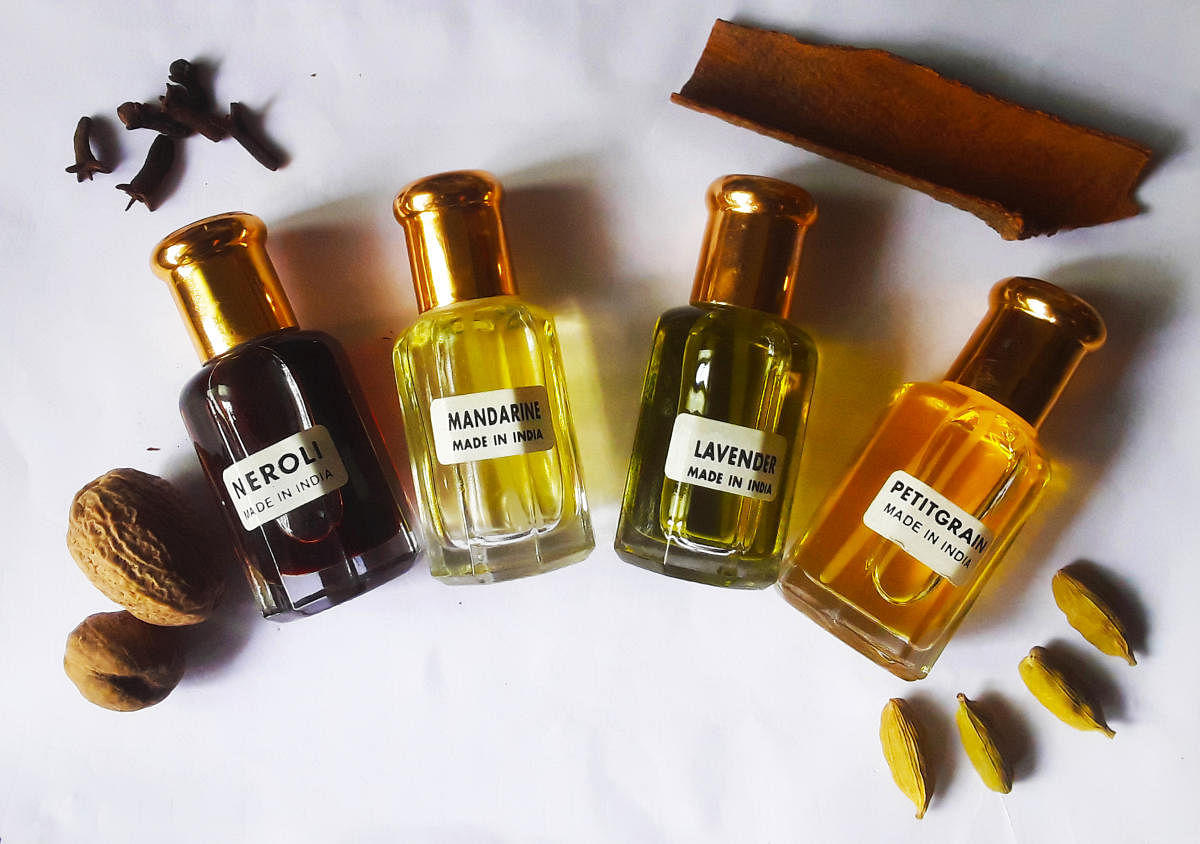
The worldwide devastation apart, Covid-19 is resurrecting India’s old-time traditions. Powdered ginger is the new obsession, while turmeric is painting the supermarket shelves yellow. While many medical experts advocate natural remedies to fight viruses or prevent them, many are still sceptical. As Ayurvedic remedies go viral, there is a sudden surge in demand for the formulations and ingredients of grandma’s age-old healing recipes.
Many doctors believe that while warm water gargles fight viruses in the oral cavity, steam inhalations are a magical cure for a running nose, and also prevent the virus from entering the lungs through the respiratory tract, a process that could take a few days. The secret is to not allow the temperature of these regions of the body to drop.
As children, we often dreaded the idea of inhaling hot vapours during common colds. But modern experimentations, coupled with ancient wisdom, advocate the use of natural essential oils for the practice. With a nationwide increase in steam inhalations, many would like to explore beyond the conventional eucalyptus oil that carries memories of winter evenings and stuffy noses.
With a growing interest in essential oils, the spirit of experimentation has today, made steam inhalation a holistic and spiritually enriching experience, beyond just its medicinal value.
Besides their highly therapeutic gifts, essential oils, like all fine aromas, boost serotonin levels. The ‘happy hormone’ is the secret to their inexplicable feel-good factor, aiding in the reduction of stress levels. Srikanth Vaidyanathan is a Kerala-based naturopath and practitioner of traditional healing techniques.
He believes that the medicinal value of essential oils can be best honed when they are applied to the skin rather than vaporised. He believes that the essential oils used in steam inhalation have more psychological benefits. “The idea of these practices is to create a hostile environment for the virus within the body,” he believes.
“An advantage of steam inhalation is that one tends to breathe deeply, a practice that enables the bio-availability of the immune system,” he explains. Among the essential oils beneficial for a flu-like condition, Vaidyanathan advocates using a combination of black pepper oil, black cumin ( jeera) oil in a 1:50 ratio and for a pleasing aroma, jasmine, lavender or frankincense oils. “After every minute of steaming, keep mixing the solution thoroughly as essential oils do not easily emulsify with water,” he adds.
Eucalyptus oil, with its numerous health benefits, has been synonymous with healing since centuries.
Native to Australia and even the Nilgiris, the oil, with its enigmatic aromas, is known to silence coughs through its vapours, keep bugs away and disinfect wounds. The leaves contain flavonoids which are natural plant-based antioxidants.
Traditional perfumer Mukul Gundhi recommends a fine formulation of eucalyptus oil with peppermint and lavender.
“The incredibly healing aromas of Nilgiri eucalyptus are well complimented by peppermint and lavender oils. One can either add all the three to boiling water in equal measure or make a separate blend and store it in a glass bottle, to be used during inhalation. Adding a few tulsi leaves and one cinnamon stick can also make the process both, exhilarating and healing,” he opines.
Although one can be easily deceived by synthetic alternatives sold by the gallons in the market, using pure, natural oils is imperative.
Labels like ‘rose’ or ‘jasmine’ are often given to synthetic compounds used in perfumery, which may react harmfully with boiling water. Among the world’s oldest and most sought-after essential oils is frankincense.
Derived from the Boswellia tree species especially from Oman’s Dhofar region, the fragrant resin has found praise even in Biblical texts.
“Frankincense contains the highest percentage of natural chemicals called Alpha Pinene. It calms the human mind by soothing the brain’s nerves and is known for its anti-inflammatory properties. Lab tests reveal that there is over 50% Alpha Pinene content in every 10ml of frankincense oil,” reveals one of Oman’s leading experts Jefri Jamil of J’s Frankincense and Myrrh.
The citrus, resinous, warm, aromatic accords of frankincense when burnt over charcoal, or even in oil form, provide exceptional restfulness and calm.
While carrier oils like extra virgin coconut oil, olive oil or argan can be used to apply frankincense oil, a few drops during steam inhalation unveil its healing, anti-depressant and refreshing properties.